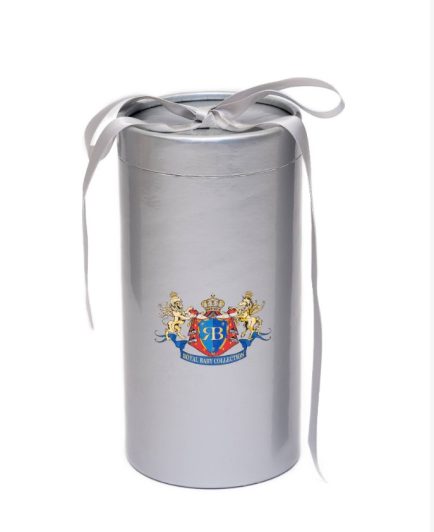Every woman’s experience of labour is different. You may only be able to work out when labour truly started after you’ve been through it! However, changes that take place in pre-labour and early labour may cause tell-tale signs and symptoms that labour is imminent.
In pre-labour or early labour (the latent phase), you may have:
- Persistent lower back pain or abdominal pain, with a pre-menstrual feeling and cramps.
- Painful contractions or tightenings that may be irregular in strength and frequency, and may stop and start.
- Broken waters. Your membranes may rupture with a gush or a trickle of amniotic fluid. Although this can happen long before labour starts, you should still call your maternity unit to let them know.
- A brownish or blood-tinged mucus discharge (bloody show). If you pass the mucus plug that blocks the cervix, labour could start soon, or in a few days. It’s a sign that things are moving along.
- An upset tummy or loose bowels.
- A period of feeling emotional, excited or moody. You may feel restless, anxious or impatient.
- Disrupted sleep.
The early phase of the first stage of labour is when your cervix dilates to 4cm. The best thing to do during this time will depend on what time of day it is, what you like doing, and how you’re feeling. Your midwife may recommend that you take paracetamol. However, there’s not a lot of evidence to suggest that paracetamol can help to relieve early labour pain. Keeping calm and relaxed can help you to cope with the contractions or tightenings. It will also help your body to release the hormone oxytocin, which you need for your labour to progress.
This could mean watching your favourite film, going for a walk, pottering around at home, or asking a friend or relative over to keep you company. You could alternate between walking and resting, or try taking a warm bath or shower to ease any aches and pains. If you can, try to get some rest to prepare you for the work ahead. During early labour, you may feel hungry, so eat and drink if you feel like it. Nibble on small amounts of high-energy foods to keep you going. This will help to comfort you and may even help your labour to progress more smoothly. Early labour is a good time to try out different positions, breathing techniques and visualisations to see if they help you to cope with contractions. If you’ve got a TENS machine, early labour is the time to use it. It’s unlikely to help if you wait until you’re in active labour before you start using it.
Original article: https://www.babycentre.co.uk/signs-for-how-I-will-know-I-am-in-labour#ixzz5buf2ZAGq































Comments